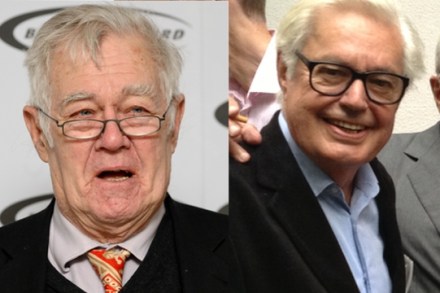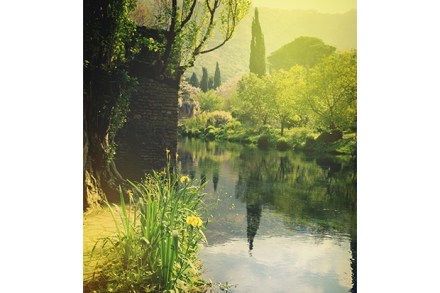Oldie friends again? Richard Ingrams and Alexander Chancellor end bitter feud
‘Tis the season for forgiving, and Mr S is pleased to report that what Vanity Fair called ‘one of the juiciest rows in recent Fleet Street history’ appears finally to have been put to bed. After months of squabbling in the press, Alexander Chancellor and Richard Ingrams were seen chatting amiably at the launch of Teresa Waugh’s novel A Long Hot Unholy Summer. The row started after The Oldie magazine let go its founding editor Ingrams to make way for his old friend Alexander Chancellor. Ingrams was furious, and he let the gossip columns know it. ‘He’s a bloody fool for taking the job!’ he said. But bygones be bygones,










